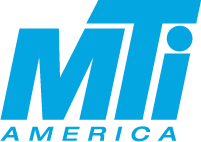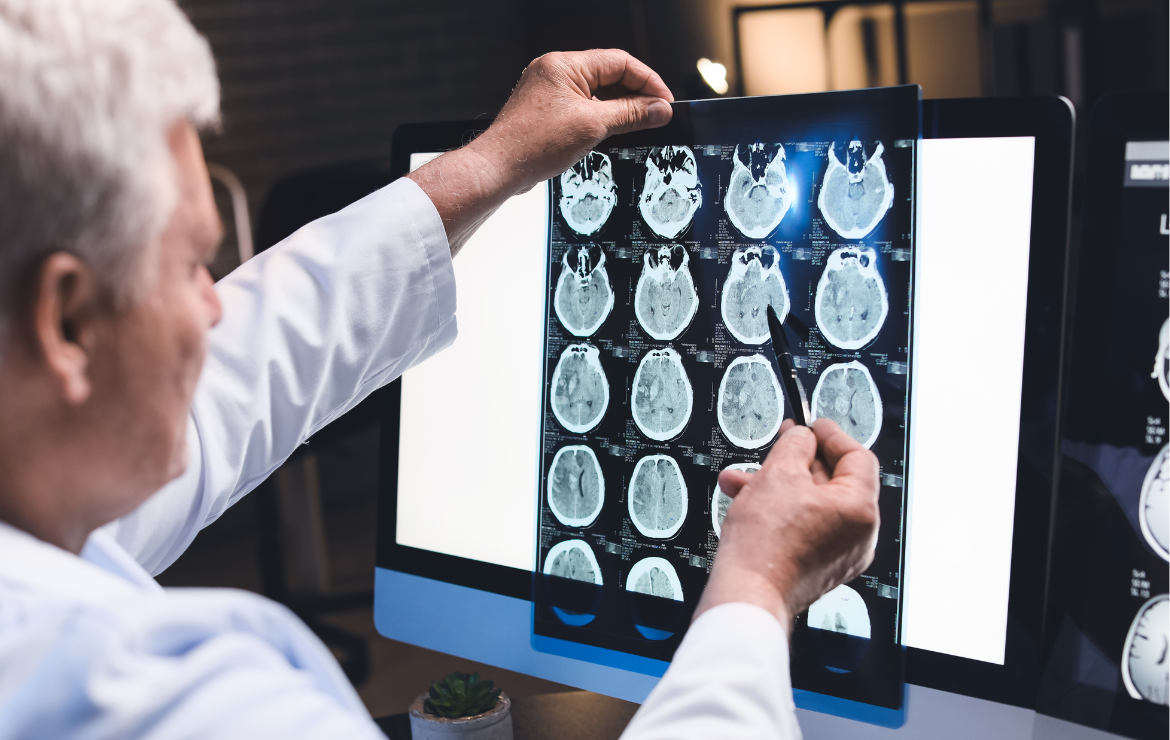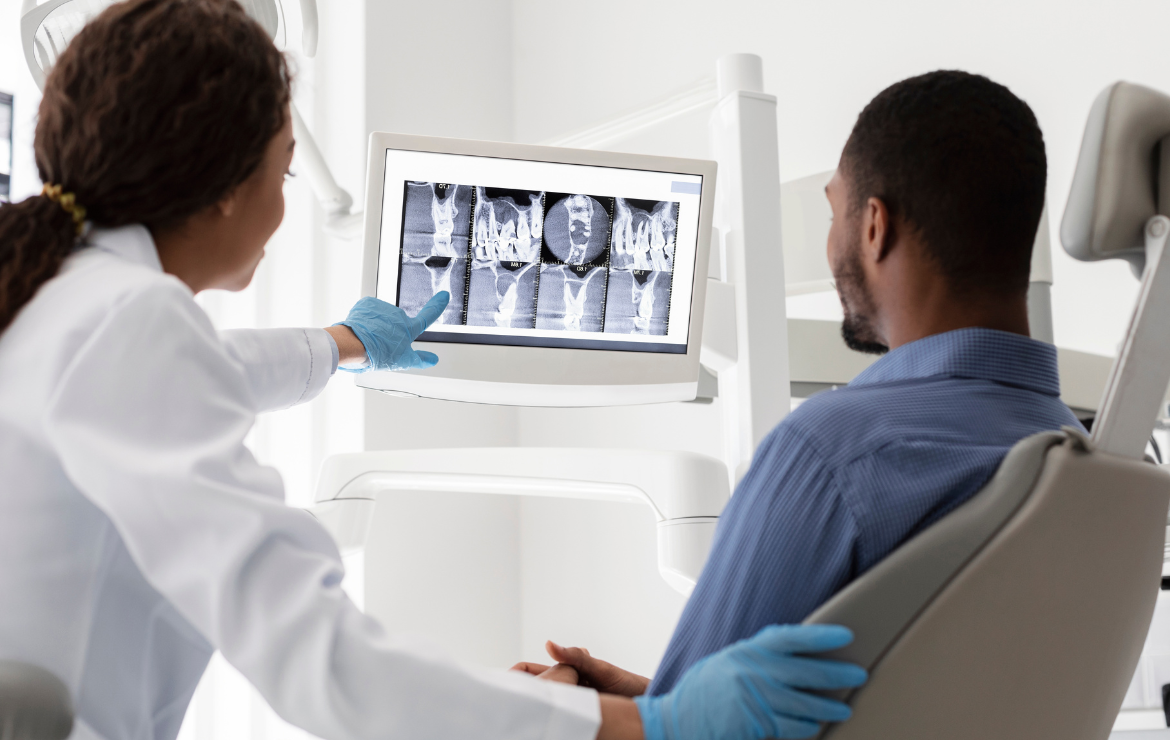Comparing Telerehabilitation and AI-enhanced Telerehabilitation for Workers’ Compensation

Workers’ compensation claims can bring many challenges, particularly regarding rehabilitation and recovery from an injury. Traditional rehabilitation services may be difficult to access or otherwise not feasible for workers healing from an injury. This is why workers’ compensation insurers and providers are looking to implement telerehab and AI telerehab solutions that can safely and effectively support workers with their rehabilitation needs. But what is the difference between these two approaches, and when might one be preferable?
Telehealth, or telemedicine, has become increasingly popular as technology has advanced, and the need for remote care has grown. Telerehabilitation is a form of telehealth that provides rehabilitation services remotely, often through video conferencing or other online platforms. This approach can be particularly valuable for workers’ compensation claims, where workers may not be able to travel to a physical rehabilitation center or need guidance in their home environment. Telerehab allows remote rehabilitation professionals to monitor their clients, track their progress, and provide guidance and support.
AI telerehabilitation builds on the concept of telerehabilitation, but adds a layer of artificial intelligence (AI) to the mix. AI telerehab may use sensors, wearables, or other connected devices to collect data about a patient, analyze that data, and generate treatment recommendations or feedback. This approach can be particularly valuable for workers with complex rehabilitation needs, as AI can offer tailored recommendations based on a patient’s specific data. Tele-rehabilitation powered by AI allows providers to work more efficiently by automating tasks that would have previously required human caregivers. One such technology, MTI’s Physical Medicine, provides MoveAI™, which delivers virtual reality video sessions to patients through a cloud-based interactive patient application with real-time feedback.
- AI-driven assessments: AI algorithms can analyze patient data, movement patterns, and performance to assess the patient’s progress, capabilities, and areas for improvement more efficiently than traditional methods.
- Personalized treatment plans: AI can process large datasets to tailor individualized rehabilitation plans for each patient, considering their needs, goals, and medical history.
- Virtual coaching and feedback: AI-powered virtual coaches can guide patients through exercises, providing real-time feedback on their performance and encouraging them to achieve better outcomes.
- Remote monitoring: AI can continuously monitor patient progress and adherence to the rehabilitation program, alerting healthcare providers if any issues or deviations arise.
When choosing between telerehab and AI telerehab for a workers’ compensation claim, it’s essential to consider the specific needs and preferences of the injured worker and any limitations to access or technology they may be facing. It’s also worth noting that these two approaches are not mutually exclusive: a hybrid approach incorporating human rehab professionals and AI technology may offer the best of both worlds, particularly if the worker has complex needs or conditions.
Navigating the differences between telerehab and AI telerehab for workers’ compensation claims can be challenging, particularly as these technologies continue to evolve and expand. However, understanding the nuances and benefits of each approach can help you make informed choices that support your clients’ rehabilitation and recovery goals. Ultimately, the goal of any rehabilitation program is to provide individualized care and support that promotes healing and well-being. Whether that care comes from a human rehab professional or an AI-enhanced program, the most important thing is that it meets each client’s unique needs.
About MTI’s Physical Medicine Solutions
Our vision is to help our clients return their injured workers to a happy, healthy, and productive lifestyle. With impressive scheduling TATs and a program success rate of 98.2%, we are proud to offer the following services:
- Physical Therapy
- Occupational Medicine
- FCE Program
- Work Conditioning
- Pre-Surgical Therapy
- Chiropractic
- Certified Hand Therapy
- Aquatic Therapy
- Speech Therapy
- Gait Training
- Home Exercise Programs
- Massage Therapy
Learn more by visiting: https://www.mtiamerica.com/service/physical-medicine/










